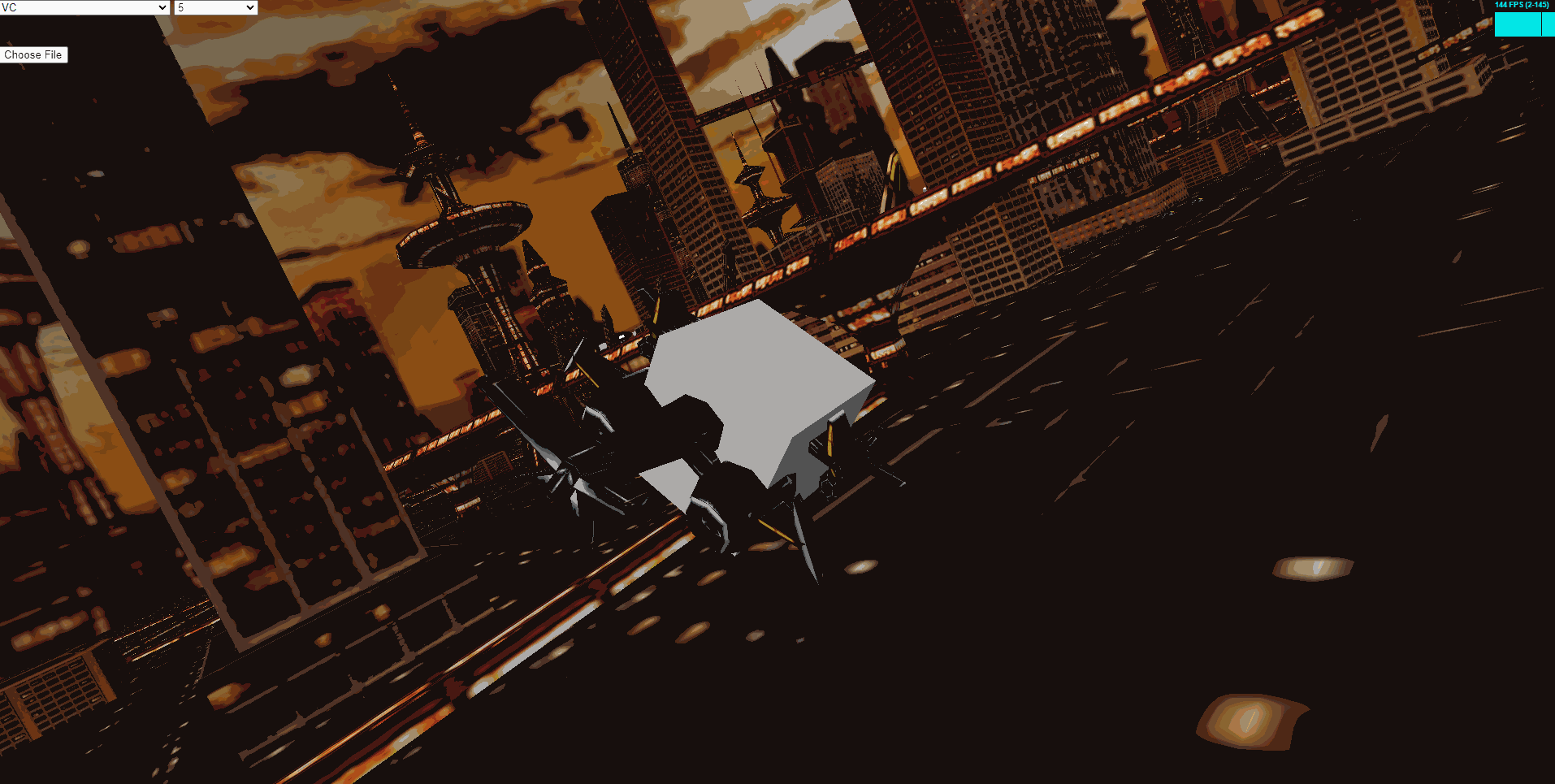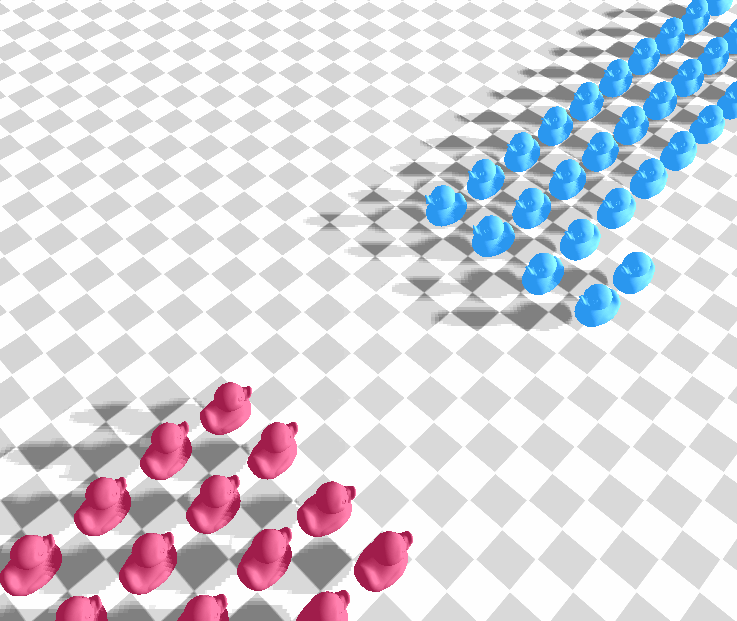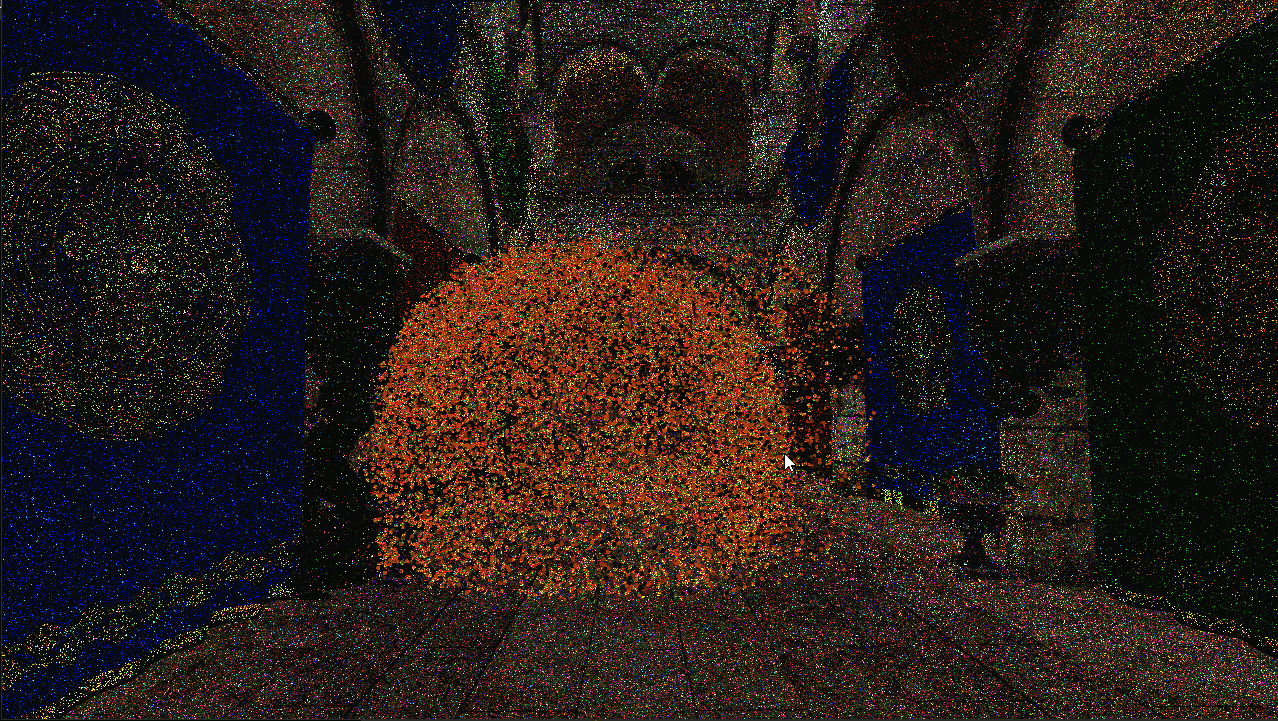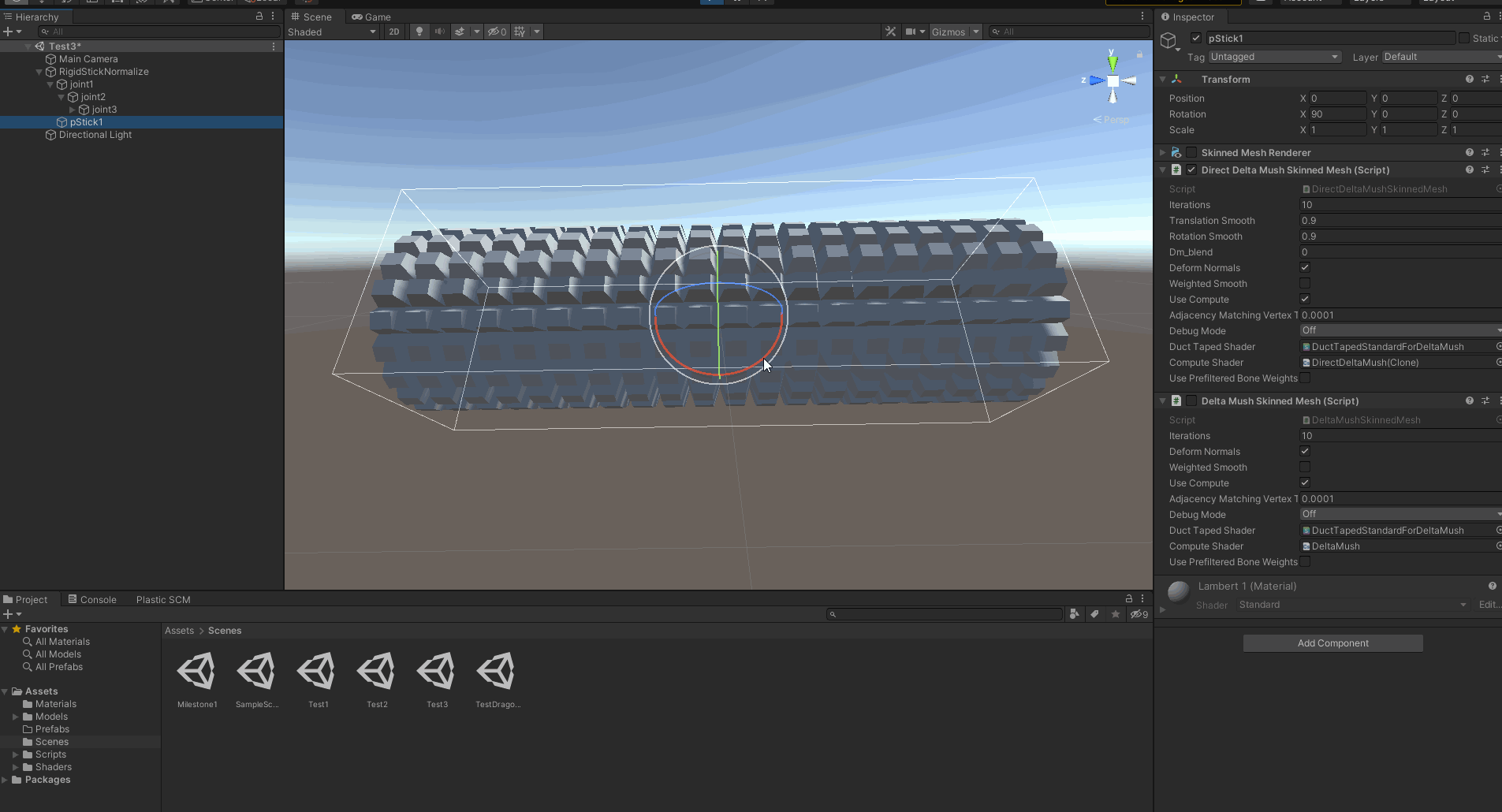CIS 565 GPU Programming and Architecture
Fall 2022
Course Announcements
2022-09-02: Switching Class Forum from Piazza to Ed Discussions
We’ll be switching from Piazza to Ed Discussions for the class forum. You can access Ed Discussions using this link. For more see this section
2022-08-13: Registration for CIS 565 or if you are facing issues
Students who may not have been able to register for the class due to Path at Penn issues can attend the first day of class on Wednesday, August 31 2022 at 5:15pm in Towne 337. Please reach out to the instructors after class ends.
2022-08-01: Student Survey
All students who are interested in taking the course (registered, waitlisted, or otherwise) must complete the Student Survey as soon as possible. Failure to submit the survey before first day of class can jeopardize your registration for CIS 565.
Course Description
A timeline section from the following topics:
- GPU Computing: GPU architecture, massively parallel programming, parallel algorithms, performance.
- Rendering: Graphics pipeline (rasterization), path tracing, deferred shading, forward+ rendering, VR.
- APIs: CUDA, WebGL, RTX, Vulkan.
This is a project-intensive course with significant coding, writing, and presenting. It is more work than any other course, but it is worth it.
For a course more focused on GPU architecture without graphics, see Joe Devietti’s CIS 601 (no longer offered at Penn).
Prerequisites
- Passion for computer graphics.
- At least one of:
- CIS 460/560: Introduction to Computer Graphics.
- CIS 461/561: Advance Rendering
- Preferably received an A. Knowledge of rasterization and ray tracing.
- Strong C or C++.
- Also useful:
Student Survey (Required)
If you have registered as a student for the course, or plan to, please complete this required survey: CIS 565 Fall 2022 Student Survey.
Github, Schedule, Class Forum, and LinkedIn
- Github: fork your repos from here
- Ed Discussions: Class forum
- Note: Ed Discussions requires being registered for the class for default access. If you need access for auditing, please reach out to the instructors.
- LinkedIn Group: for networking with current and previous course students
Lecturer
Shehzan Mohammed mza@seas.upenn.edu
Office Hours:
- Monday and Wednesday: 4:30pm - 5:15pm, + 30 minutes after end of class - Outside Towne 337 (lobby area)
- By appointment (email me)
Changes to office hour schedule will be made on the CIS 565 Calendar and notified through Class Forum.

Teaching Assistants
Wayne Wu waynewu@seas.upenn.edu
Office Hours:
- Monday and Wednesday: 3:45-5:15pm - Outside Towne 337 (lobby area)

Beini “Rachel” Gu gubeini@seas.upenn.edu
Office Hours:
- Saturday: 2:00-5:00pm - Moore Lab

Shubham Sharma sshubh@seas.upenn.edu
Office Hours:
- Tuesday and Thursday: 1:00-2:30pm - Moore Lab

Course Advisor
Patrick Cozzi

Recommended Reading
- Moving Graphics Research into Development, Patrick Cozzi
- How to Make an Attractive GitHub Repository, Patrick Cozzi
No books are required, but course material comes from many sources including:
- Programming Massively Parallel Processors, Third Edition, 2016, David Kirk and Wen-mei Hwu.
- Real-Time Rendering, Fourth Edition, 2018, Tomas Akenine-Möller, Eric Haines, Naty Hoffman, Angelo Pesce, Michał Iwanicki, and Sébastien Hillaire.
- Ray Tracing Gems, First Edition, 2019, Eric Haines and Tomas Akenine-Möller. (Free PDF distributed under CC 4.0 License)
Other useful tools and material:
- Ray Tracing in One Weekend (Free PDF + Github)
- NVIDIA GTC On-Demand
- NVIDIA GDC 2019 Courses (Mostly Real Time Ray Tracing)
- Machine Learning by Andrew Ng (Coursera free)
- Deep Learning Book (Free to read in HTML)
- CUDA Programming Guide
- All previous CIS 565 (https://cis565-fall-20XY.github.io)
Grading
- Projects: 50%
- Final Project: 50%
Academic Integrity
An academic integrity violation will result in the student receiving an F in this course.
See Academic Integrity at the University of Pennsylvania: A Guide for Students.
Code submissions will be cross-checked for plaigarism against previous years’ submissions as well as submissions from your colleagues using automated software. Please do not copy code.
If you would like to use code not written by you for this class, please run it by the TAs using Class Forum for permission to use it. Examples of code you will need to ask permission to use:
- Public Github Repositories and other open source projects.
- Projects from other classes that will give you a non-trivial advantage for the project.
If you think you need to ask permission, you should ask. We will most likely approve all reasonable requests.
Penn Engineering COVID-19 Impact and Announcements
Please visit the COVID-19 for information on Penn Engineering’s announcements and information about COVID-19 impact and procedures.
COVID Protocols for CIS 565
- Classrooms will be operating under normal, pre-COVID capacity during the Fall 2022 term.
- CIS 565 will be in person and lecture recordings will be made available within 24 hours after the lecture.
- We will follow University policy for mask use.
- If a student (or staff) tests positive at any point during the semester, and there is probable risk of spread, a portion of the students, if not the entire class may be moved online-only temporarily. You will be notified through Class Forum.
Acknowledgments
Joe Kider, Gary Katz, and Suresh Venkatasubramanian taught this course before me.
All former TAs have helped shape this course:
Previous students have provided significant course feedback including:
Many passionate folks in our field have also provided course input:
- Eric Haines, (@pointinpolygon)
- Christophe Riccio, (@g_truc)
- Johan Andersson, (@repi)
- Quarup Barreirinhas, (@quarup)
- Wolfgang Engel, (@wolfgangengel)
- Mikkel Gjoel, (@pixelmager)
- Dominik Lazarek, (@Omme)
- Emil Persson, (@_Humus_)
- Sebastien Vandenberghe (@sebavanmicrosof)
- Chrome GPU Team, which includes many former CIS 565 Alumni.



